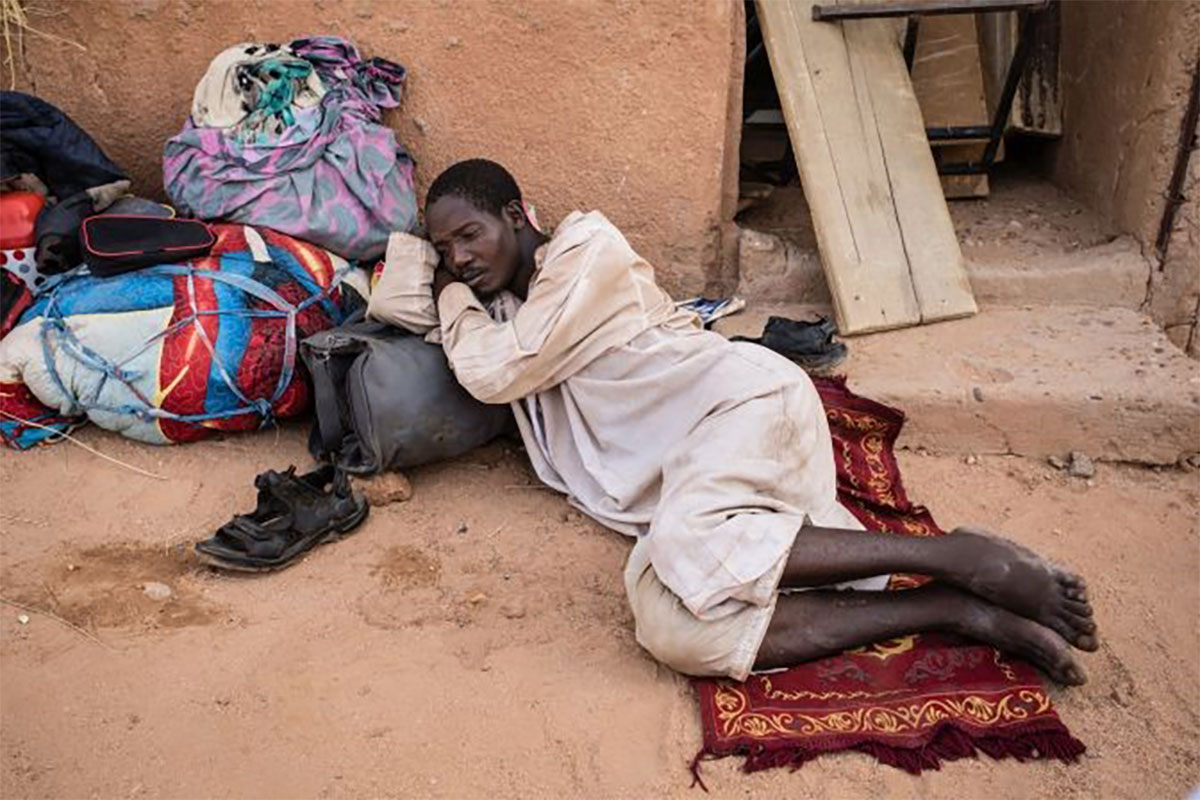On the launch of the new Migration Emergency Response Fund (MERF) phase, Melina Koutsis, MERF Regional Coordinator, looks ahead to the future of the migration crisis.
It would be a huge understatement to say that migration response is complex. Many people, including our own Start Network member CARE, have described the challenges of working on migration. Humanitarian actors must always aim to be needs based and impartial, regardless of political trends.
The MERF seeks to rapidly respond to needs that are clearly not covered under ongoing humanitarian migration responses and can benefit from a short intervention. Start Network members can raise an alert to the MERF based on the needs they are seeing on the ground, with funding on its way in as little as 72 hours.
With this new phase of the MERF being launched here are three key aspects of the programme that I’m looking most forward to:
1. More flexible timeframes
A recent Active Learning Network for Accountability and Performance (ALNAP) report reflected on some of the shortcomings of rapid response mechanisms, noting that:
“In reality, day 45 or day 90 looks very similar to day 46 or day 91 for a humanitarian response. Arbitrary time limits impose adjustments in humanitarian operations based on funding rules rather than changes in the actual population in need or the operating environment.”
Though we haven’t removed timeframes altogether, the new phase of the MERF now proposes two possible timeframes: 1-3 month responses and 3-6 month responses. We are hoping that these timeframes give our members the space to better adapt their responses to the needs on the ground.
2. On the ground coordination
My role as MERF regional coordinator means I will be the ‘eyes and ears’ of Start in the region, to ensure coordination between actors and improve Start’s engagement in the region. This is a new role and a big investment for the Start Network. However, we believe in the importance of raising awareness of the MERF and ensuring that the funding mechanism is as contextually appropriate as possible. I look forward to engaging with our MERF members and other relevant stakeholders on this.
3. More context analysis and informed decision making
With the MERF covering some difficult contexts, such as Algeria and Libya, I’m excited that we’re focusing a lot more on analysis and learning during this new round of the MERF. Funding of £275,000 has been set aside for “Collaborative Information Collection and Analysis (CICA)” towards needs assessments and evidence building. We’ll also be working with some leading information providers, such as the Asessment Capacities Project (ACAPS), REACH initiative and the Mixed Migration Centre (MMC) to improve our decision making and understanding of the context.
To conclude, the strength of the Start Network has always been the experience and reach of its member Non-Governmental Organisations (NGOs). The MERF harnesses the power and knowledge of its network to make faster and better decisions to help people affected by crises. Given the ever-changing migration routes and needs as well as the highly politicised environment for migrants and refugees, I hope the MERF will provide a flexible and fast funding option for NGOs and the communities they aim to help, while staying faithful to humanitarian principles.
Further resources on the MERF are available to read online:
- MERF Annual Report 2017.
- Read project studies from MERF alerts in 2017:

